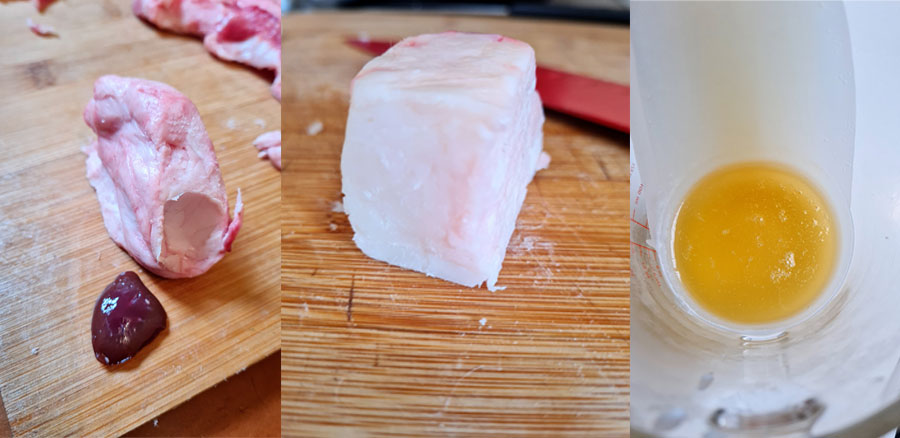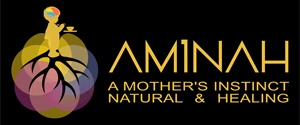Why rendered animal fat (tallow) is good for you

In the last century the human diet has changed more dramatically than at any other time in our existence. As food has become cheaper and more available, we have increased our calorie intake and became a larger and heavier society and this has resulted in a growing number of food-related illnesses. Until fairly recently animal fat was an important part of our diet, however, it became ‘healthy eating’ enemy number one due to misleading information and so we hugely reduced the amount of animal fat that we ate. There is now a pressing need to re-evaluate our relationship with what we eat.
Society has become so disconnected from the source of our food that we now have less knowledge about where it comes from, how it is handled, how we buy it, how we cook it, as well as what and when we should be eating things. In the simplest terms, our generation has lost the ability and skills required to cook simple meals from scratch. We understand that we have to eat, but unless you cook yourself you do not understand what you are eating. If we do nothing about this we will leave generations behind us to suffer at the mercy of the corporate global giant food producers.
We spend less time than ever sourcing our food, preparing our food and eating our food. This is proven not to be healthy for society either socially or physically. Cooking and sharing a meal is an essential part of civilisation. It cultivates friendship and family bonding, and is a place to discuss, share and debate ideas. To pass on knowledge and understanding of food, we need to do start educating and informing people, especially the young as they are the future. It’s really not about celebrity chefs, social media food influencers or a quick ready-meal in front of the TV. It requires us to be more responsible about where our food comes from, how it is raised, how it is killed, how it is prepared and how it is consumed. We need to know how to cook our foods the best way, possible from the nose through to the tail, including the fat. Only then will be able to restore both our health and also the pleasure of the dinner table and eating.
We now eat more trans-fat, more sugars, more processed foods, and more vegetable oils than at any other time in history. Yet after more than 30 years of reducing the intake of animal fats, we are not healthier, we are just heavier. We need to stop and have a think about what we are eating and why because it is true that you are what you eat! Our experiment with reducing fat has not worked and if anything, it has just made our food taste worse.
Diets low in healthy animal fat leave people feeling hungry, depressed, prone to illness and weight gain. Being misinformed has led us to replace the reduced animal fats in our diet with sugars and other refined carbohydrates, which essentially have made us fat, overweight and a burden on the healthcare system as confirmed in many countries around the world through famous studies and reports. We have replaced animal fats with man-made hydrogenated fats that are full of trans-fat. These man-made fats are difficult for our body to break down and process, so instead we store them as fat. They also increase Low-Density Lipoprotein (LDL) and lower High-Density Lipoprotein (HDL) which adversely affects cholesterol, and they promote diabetes and obesity by interfering with insulin production.
The fats that we have replaced healthy animal fats with are polyunsaturated fats, used for cooking oils. As well as damaging cells, polyunsaturated fats affect the balance of essential fatty acids (omega-6 and omega-3) in our bodies. Nutritionists recommend ideal consumption of twice as much omega-6 as omega-3 would be most beneficial to us, but we’re currently consuming up to twenty times more omega6 than omega-3, which has been linked to all kinds of issues such as cancer, weight gain and digestive issues. Sources of omega-3 such as meat and clarified butter (ghee) from grass-fed animals are decreasing, whereas animals raised on a diet high in grain are full of omega-6.
While human nutrition is naturally complex, and no two bodies function identically, for the majority of people, eating fat is simply not the ‘health risk’ it was supposed to be. In fact, animal fat is good for you. AM1NAH exists to revive traditional nutrient-dense foods for the halal food market, to educate you to enable you to make informed decisions about how and why to incorporate traditional, ancestral and nutrient-dense foods to your diet as we specialise in halal ancient nutrition.

